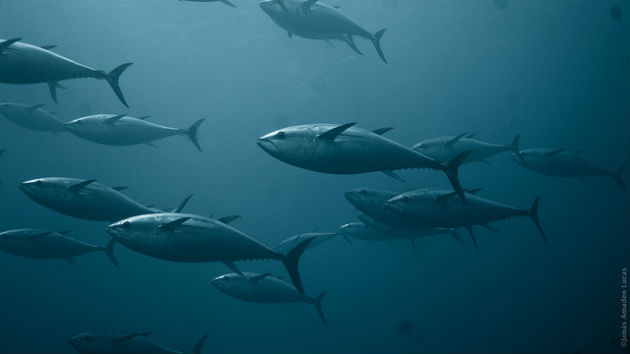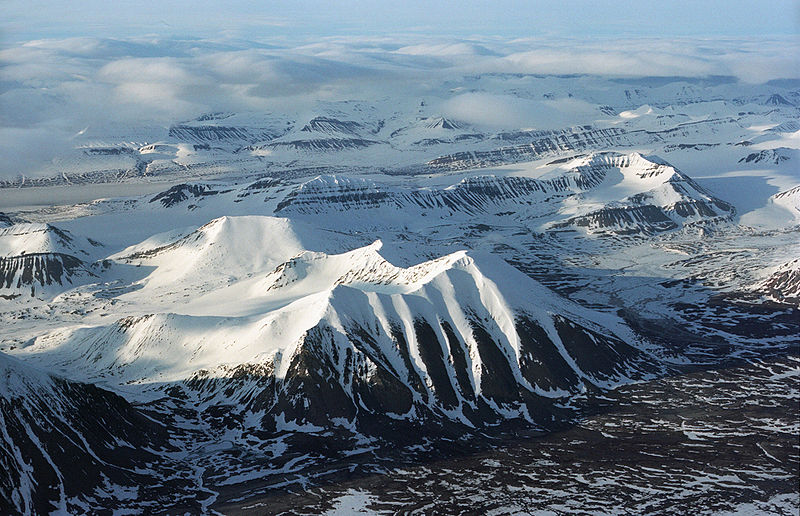
<a href="https://www.flickr.com/photos/theanimalday/7142826947/in/photolist-bTbRAK-8KQJcV-bp1GHm-9z6t15-z4stv-6Xe88c-cuYh4q-bT9UPR-bTahtp-kzVnW-ekX1pN-cNJomA-dD8WqD-3DyZWe-4jkEkz-xXj2v-bvSvep-hpfEE6-cD3nNq-7uh522-6MvtUq-cD3rXm-arhgT2-8hv7oJ-5Qm8QR-5Emv9k-arihdT-5REDqS-89DW9d-arhirT-xXj24-DB8Er-4jYmWx-7DKnJY-3edBGo-bqhj2u-4nxgGS-Ea7C3-J6462-aFN5z4-cXpeSj-cXpaPh-4nxgJE-daGj6X-aKt1bP-de6AqN-ehoMng-jyKb9k-5REpmE-5REp3W">TheAnimalDay.org</a>/Flickr
On Thursday, researchers released the first comprehensive study of mercury in the world’s oceans over time according to depth. Their finding: Since the Industrial Revolution, the burning of fossil fuels and some mining activities have resulted in a more than three times increase in mercury in the upper 100 meters (about 330 feet) of the ocean. There, it builds up in carnivorous species like tuna—a food staple in the US that health experts have been concerned about for years because of its high mercury levels. Much of the 290 million moles (a unit of measure for chemical substances) of mercury in the ocean right now is concentrated in the North Atlantic.
A neurotoxin, mercury is especially dangerous for children and babies: The American Academy of Pediatrics warns that exposure to it can lead to “poor mental development, cerebral palsy, deafness and blindness.” In adults, mercury poising can lead to problems with blood pressure regulation, memory, vision, and sensation in fingers and toes, according to the Natural Resources Defense Council. And if that wasn’t scary enough, it’s invisible, odorless, and hiding in fish meat.
The researchers say that the increase in mercury levels is starting to overcome the natural ocean circulation patterns. Typically, the coldest, saltiest water in the world’s oceans naturally sinks and brings much of the mercury along with it, offering shelter to marine life from the chemicals. But now, because of the sheer volume of the stuff, the circulation of water can no longer keep mercury out of shallower depths. According to co-author Carl Lamborg, humans are “starting to overwhelm the ability of deep water formation to hide some of that mercury from us.” According to David Krebbenhoft, a geochemist working for the US Geological Survey, these shifts are directly correlated to the increase in mercury outputs over time.
The good news: If we can curb power plant mercury emissions and buy more products with reduced mercury, we can expect to see ocean mercury levels drop in the future. Says Krebbenhoft, “It’s cause for optimism and should make us excited to do something about it because we may actually have an impact.”
















